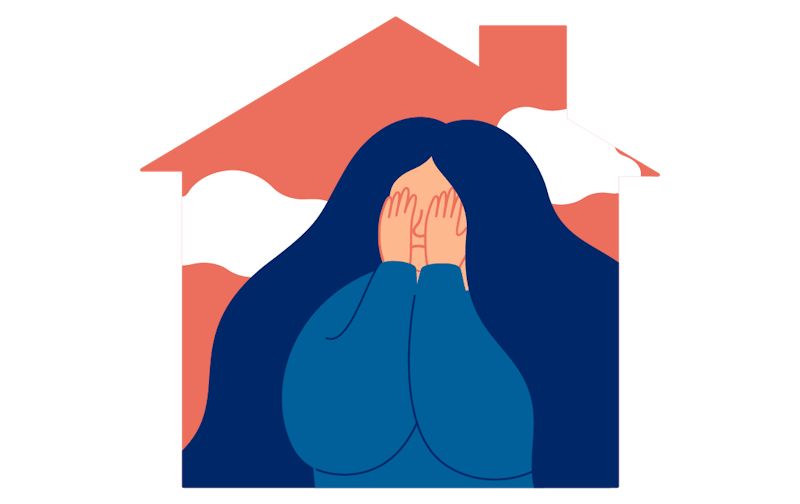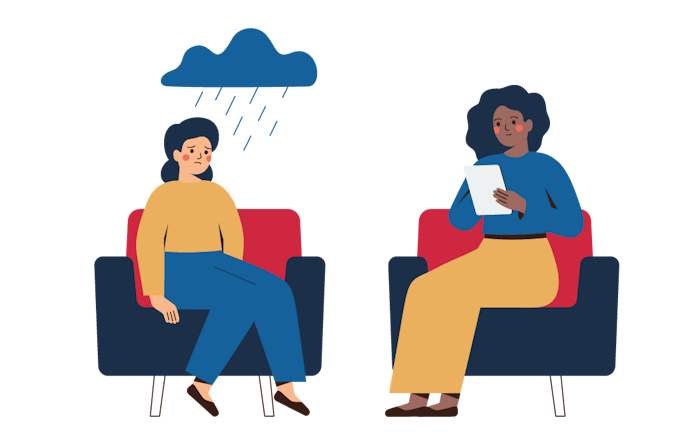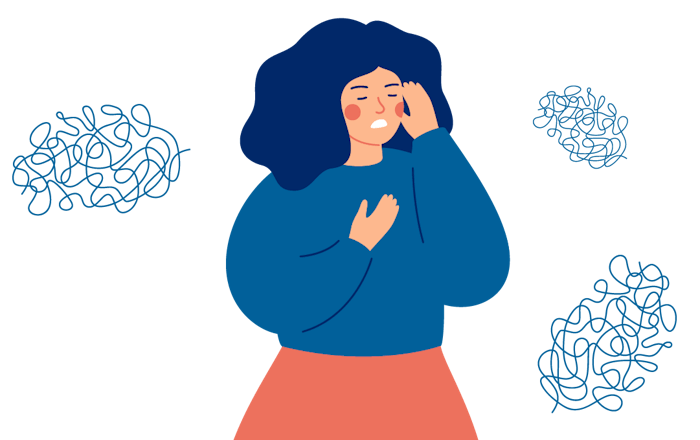What is domestic violence?
Domestic violence is abuse carried out by someone close to you. It doesn’t have to happen at home, and the people involved don’t need to live together or be married. That’s why it’s also called intimate partner violence.
Domestic violence can take many forms — emotional, physical, sexual, financial, digital, or abuse related to family honor. It often involves coercive control. Domestic violence is illegal, and the justice system treats it very seriously.










